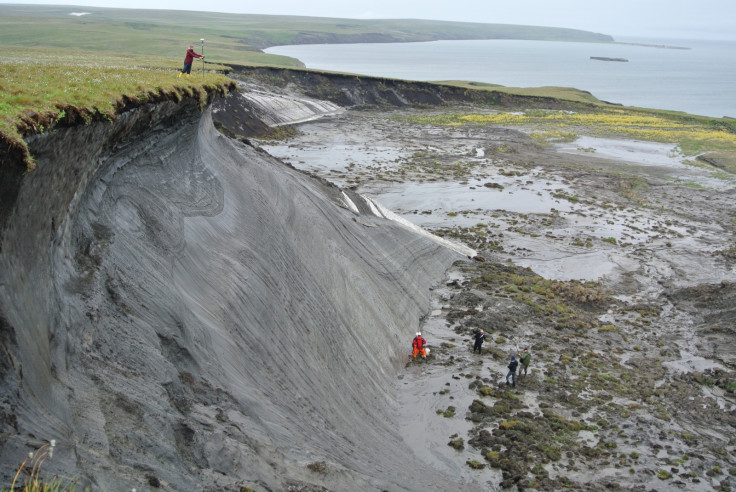Rising sea levels will force UK coastal towns to relocate: Expert
Several Pacific islands have already been lost to rising sea levels and erosion
People living in the coastal towns of the UK may have to eventually leave their homes and relocate due to rising sea levels and erosion, according to the chief of UK's Environment Agency.
At a flooding and coastal erosion conference, Sir James Bevan warned that there is no way to restore the land lost due to erosion and people will be forced to move places.
"There is no coming back for land that coastal erosion has taken away or that a rising sea level has put permanently or frequently under water," he said adding that it is an "inconvenient truth" that some communities "cannot stay where they are."
The comments come in the backdrop of the government announcing £5.2 billion investment in flood and coastal defences between 2021 and 2027.
Sea level rise, erosion and coastal flooding are some of the greatest challenges facing humanity from climate change. The UK's Climate Change Committee has also warned that Britain could see up to 37cm of sea level rise by the middle of the century.
These rapid changes to shorelines will lead to the relocation of several coastal communities that have inhabited these towns for generations. However, Sir James Bevan added that it is too early to predict which towns and cities will need to move in the future.
The Environment Agency last year had warned that the UK should either adapt or die as climate change will eventually lead to rise in sea levels. It added that floods and water shortages will be more frequent if timely action is not taken.
England's northern county of Yorkshire has already been seeing the impact of eroding coastline. It has Europe's fastest eroding coastline, per a report in The Independent.
Places that are under threat also include Happisburgh in Norfolk, Kessingland in Suffolk and Hornsea in Yorkshire. According to an analysis by the Environmental Agency's National Coastal Erosion Risk Mapping project, Hornsea and Withernsea in Yorkshire, and Camber in East Sussex will suffer the most in the next 20 years.























